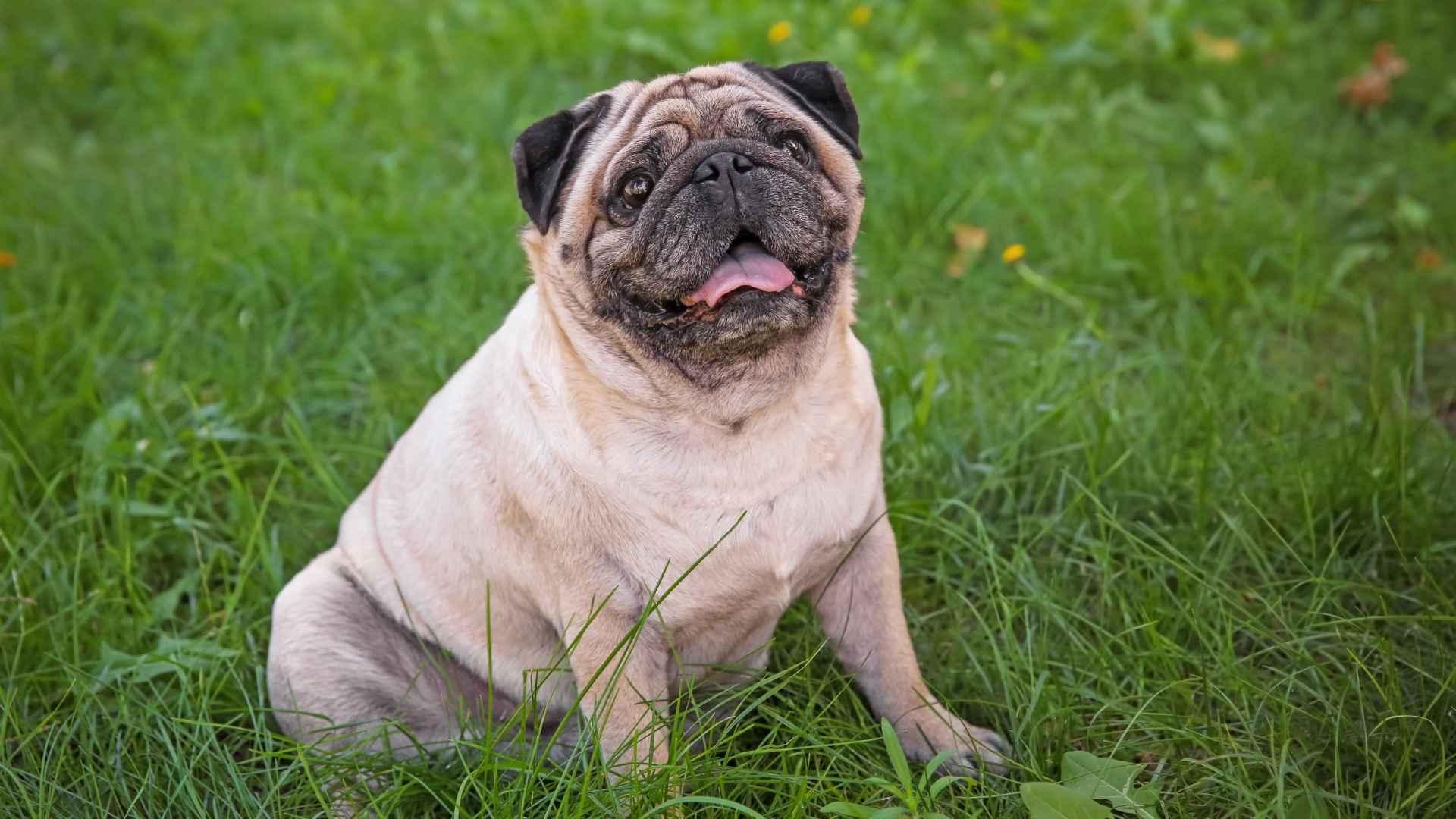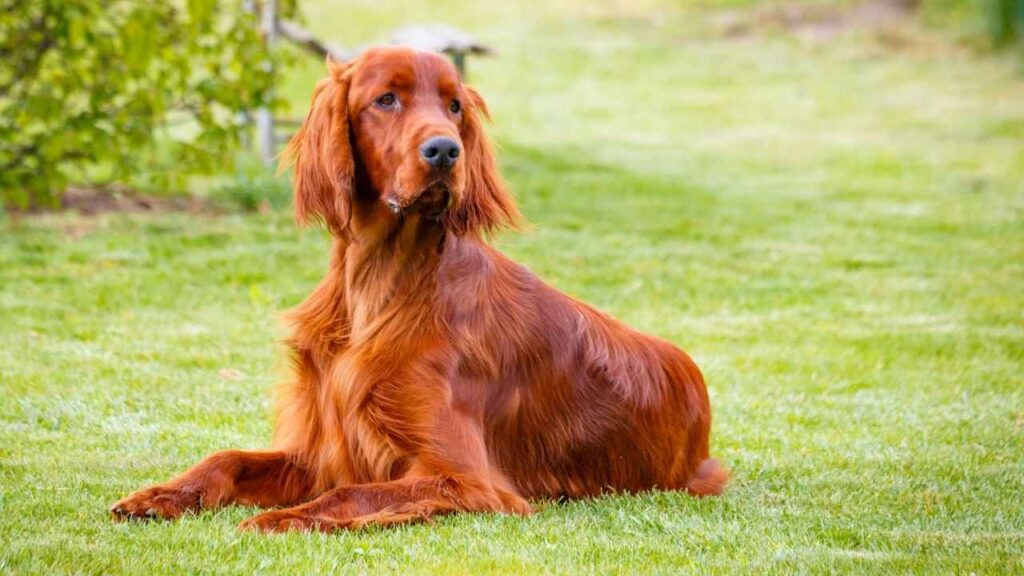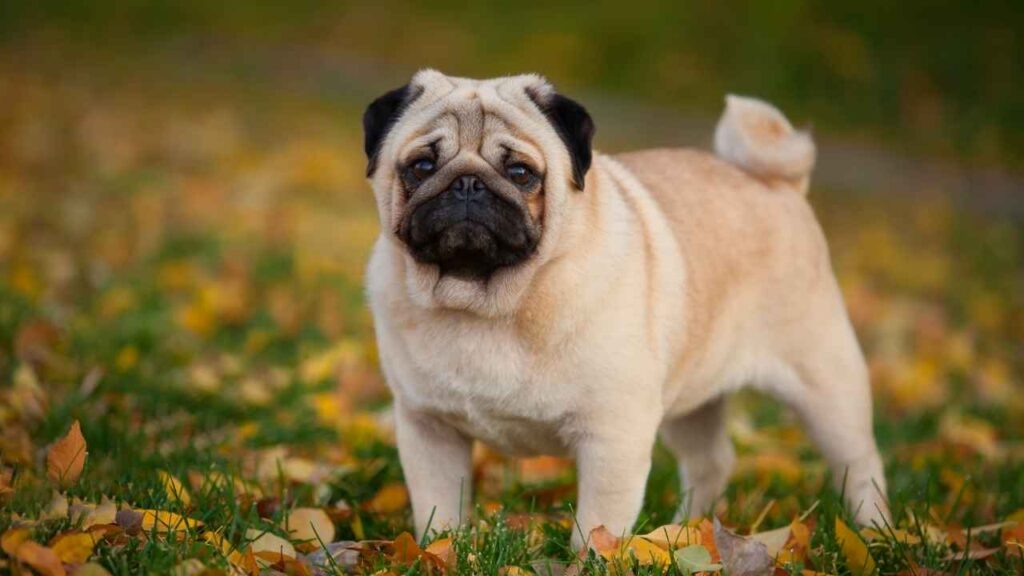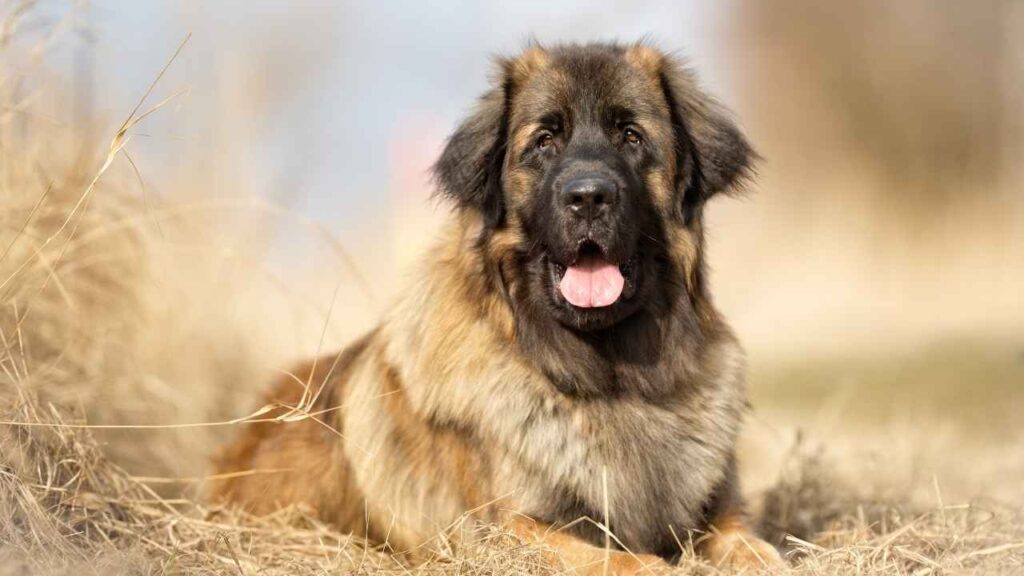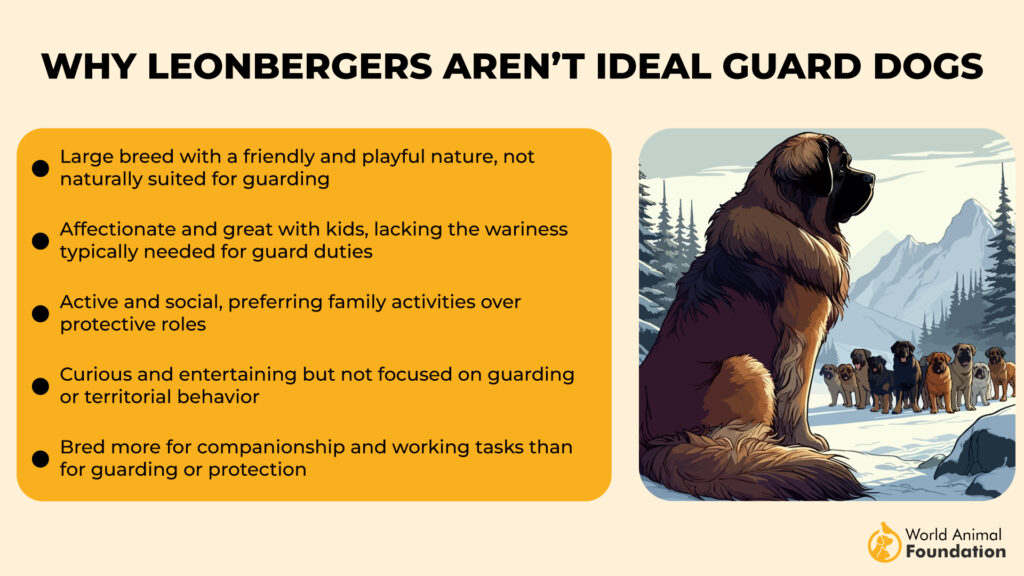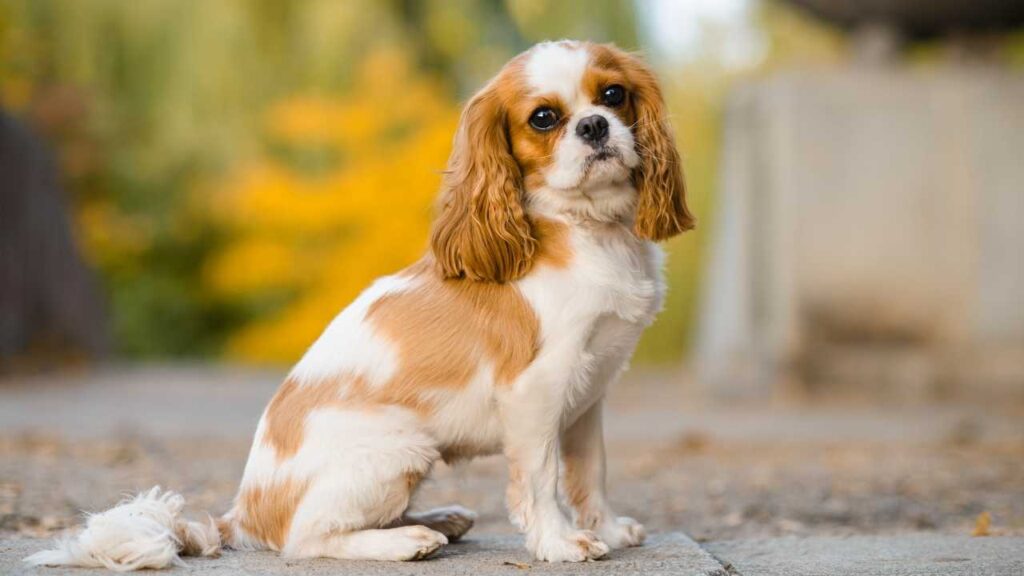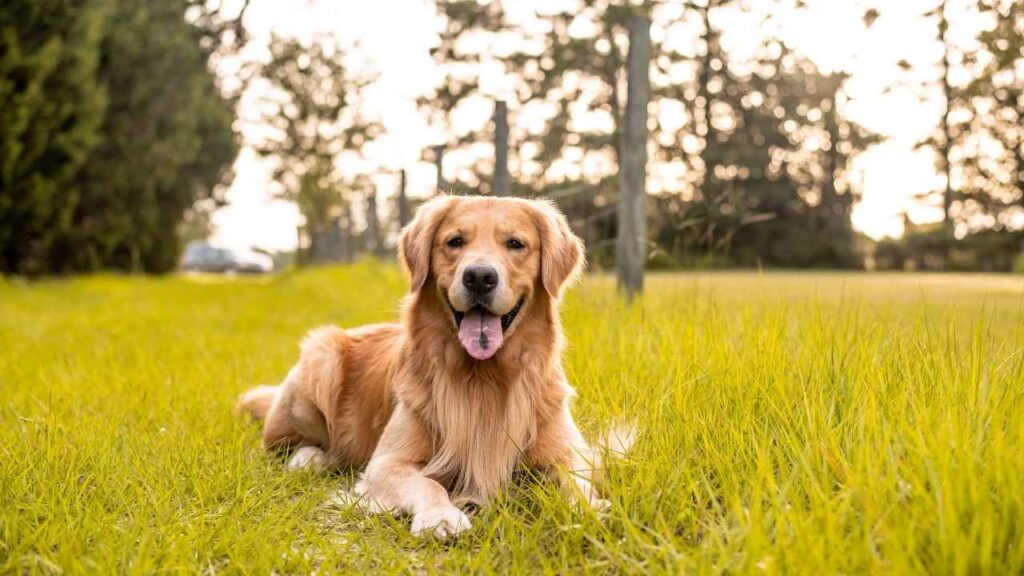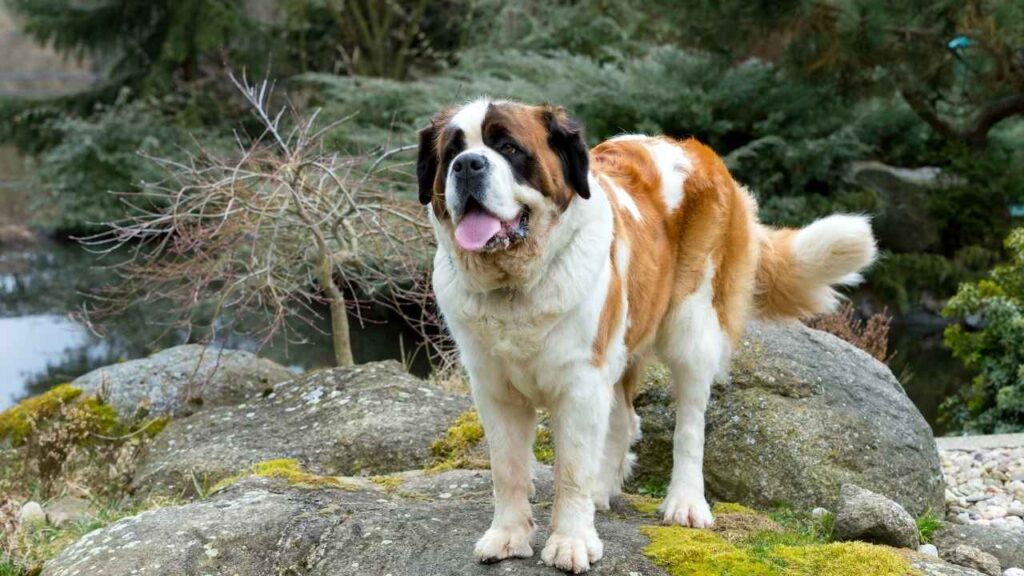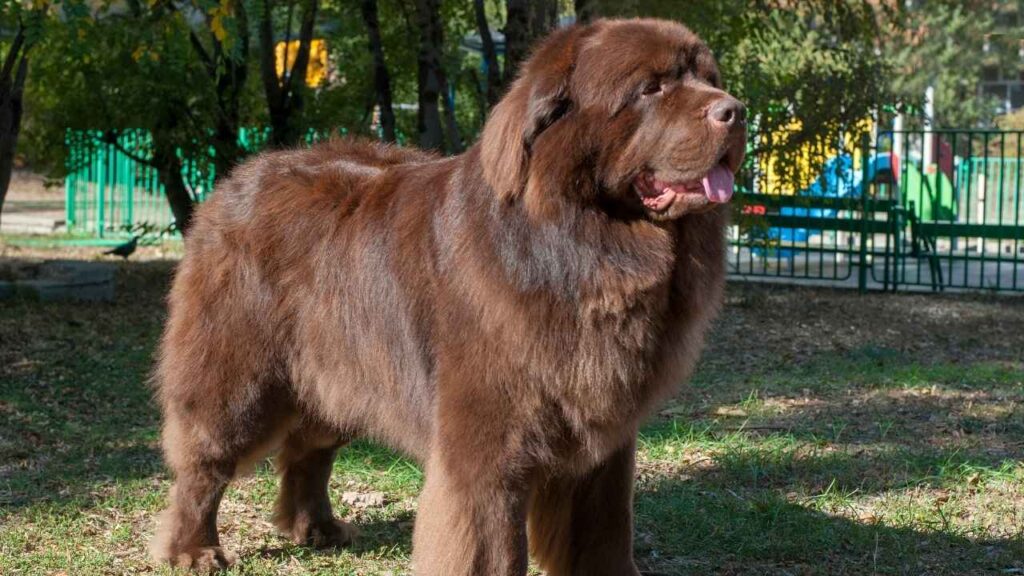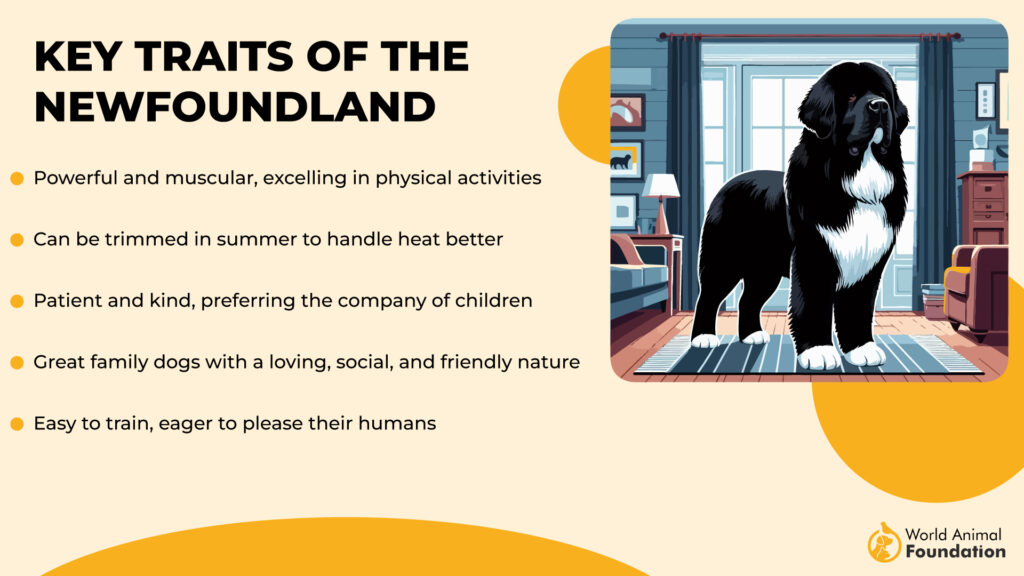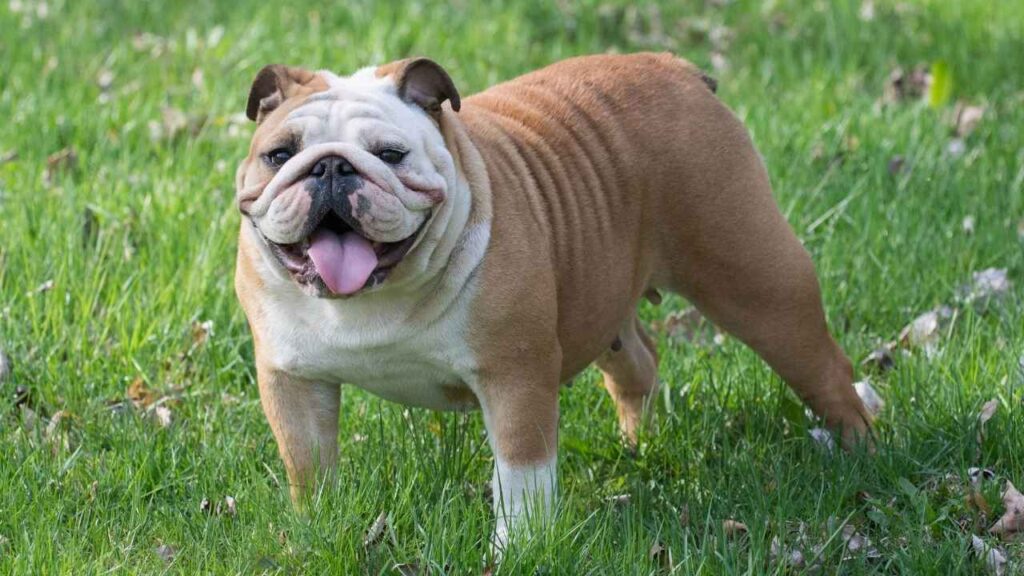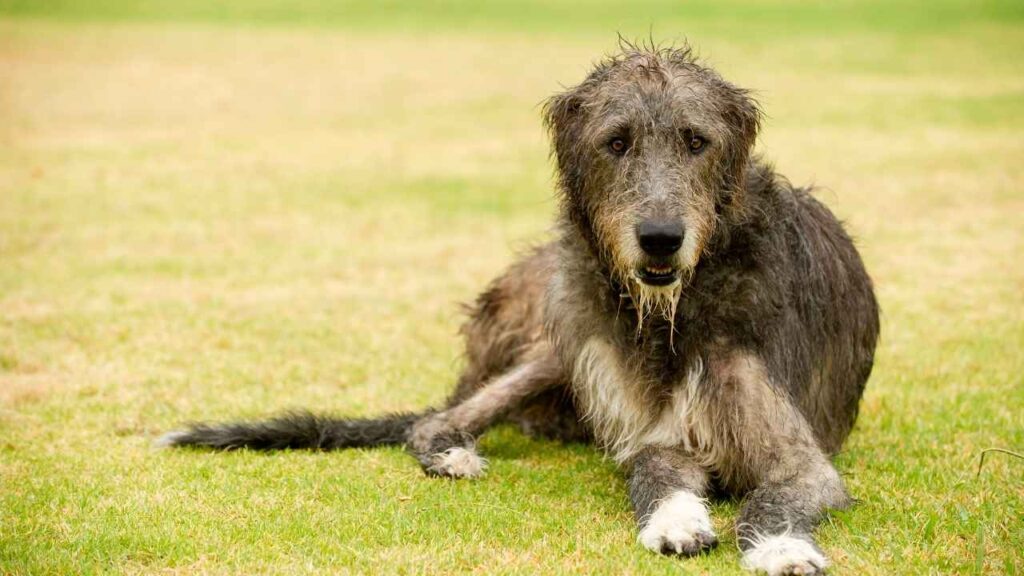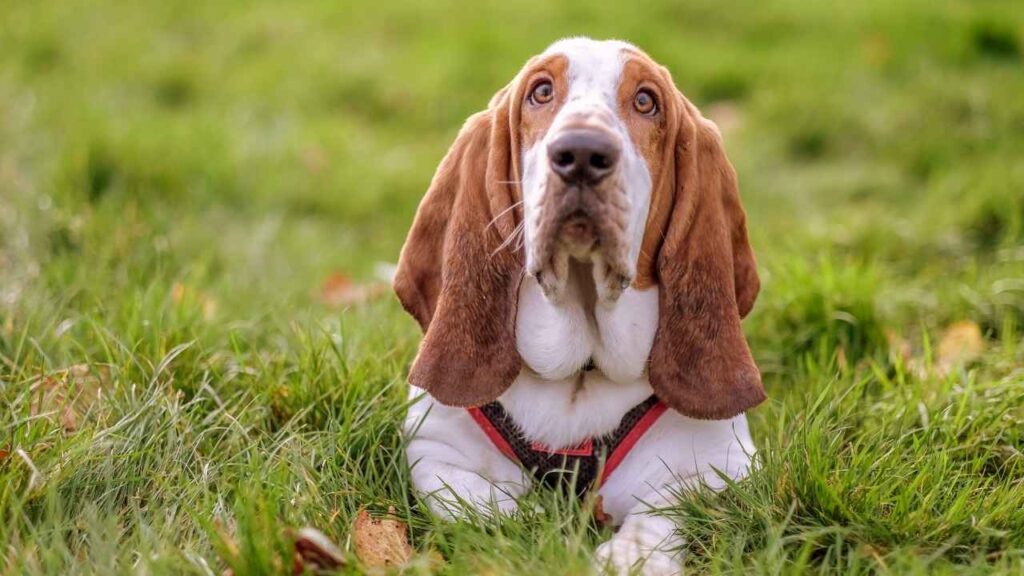When it comes to choosing a guard dog, the most important traits often include vigilance, loyalty, and an instinct to protect. However, not all canine companions are cut out for this role. In fact, some breeds are simply too amiable and sociable to serve as effective guardians. This list of the top 10 worst guard dog breeds highlights those who, while undeniably lovable, are more likely to greet strangers with wagging tails than wary barks. Whether it’s their gentle demeanor or inherent friendliness, these dogs thrive on companionship but fall short on the security scale.
When it comes to choosing a dog for home security, not all breeds are cut out for the job—and that’s perfectly okay! While some dogs are natural protectors, others are better suited to snuggling on the couch or greeting everyone they meet with a wagging tail and a big sloppy kiss. The truth is, guarding just isn’t in every dog’s nature, and that doesn’t make them any less wonderful.
Some breeds might be big, strong, and incredibly smart, but instead of scaring off intruders, they’d rather shower you with affection or invite strangers to join the fun.
In this article, we’ll explore the top 10 dog breeds that are more about love and play than patrol and protection. We’ll take a closer look at why these breeds, despite their many amazing qualities, just don’t check the boxes when it comes to being effective guard dogs.
10 Most Lovable Dog Breeds That Make Poor Guard Dogs
1. Irish Setter
The Irish Setter is a head-turner with its gorgeous, silky mahogany coat and playful personality. These dogs are all about fun, family, and affection, making them one of the best breeds for households with kids. But if you’re looking for a guard dog, the Irish Setter isn’t going to fit the bill.
This breed’s welcoming nature makes them terrible at the whole “stranger danger” thing—they’re more likely to greet a visitor with wagging tails and excitement than suspicion. They’re incredibly friendly, getting along with people and pets alike, and they thrive on being part of the family. Aggression just isn’t in their DNA, which is part of what makes them such great companions, but it’s not ideal if you need a watchdog.
Irish Setters are intelligent and loving but can be a bit stubborn, often wanting to do things their way. WebMD notes that their natural hunting and tracking instincts can also lead them into trouble—they’ll follow their noses wherever it takes them, including your closets or drawers!
2. Pug
Pugs are the definition of small dogs with big personalities. With their iconic wrinkly faces, curled tails, and charming antics, they’re a favorite in the Toy group and a beloved companion in homes of all sizes. They want nothing more than to be your next lap dog, but when it comes to guarding your home, Pugs just aren’t cut out for the job.
Known for their gentle and sociable nature, Pugs are more likely to shower strangers with affection than raise an alarm. Their small size doesn’t provide the physical deterrence of a typical guard dog, and their playful, non-aggressive demeanor makes them poor candidates for protecting your home.
That said, their sweet, strong-willed personalities make them fantastic family pets, especially with children. They’re calm, quiet, and easygoing, requiring minimal grooming and exercise. While they may not guard your property, Pugs will undoubtedly keep you entertained and shower you with love.
3. Leonberger
Leonbergers, or Leos as they’re affectionately called, are large yet gentle dogs that are all about family. Known for their calm, affectionate nature and playful spirit, they form strong emotional bonds with their loved ones and are wonderfully intuitive about human emotions. While their size and strength might suggest they’d make excellent guard dogs, their calm temperament tells a different story.
Leos are more likely to rely on you to handle situations rather than stepping in as protectors. Purina states that they’re friendly and laid-back, even with strangers, making them less suited for guarding roles.
Though they can be assertive with unfamiliar dogs, their gentle and submissive nature around family members makes them fantastic companions for children—though their size means they could accidentally overpower small kids. If you’re looking for a loving, tolerant family dog that welcomes visitors rather than wards them off, the Leonberger is an excellent choice. Just don’t expect them to patrol your property!
4. Cavalier King Charles Spaniel
Cavalier King Charles Spaniels may be small in stature, but they more than make up for it with their oversized charm and irresistible, soulful eyes. These sprightly little dogs are all about spreading love and joy, making them wonderful companions for just about anyone. However, their open, trusting nature means they’re far from being good guard dogs.
To a Cavalier, everyone is a friend—or a potential playmate. They lack the suspicion or protective instincts typical of guard dogs, and their small size doesn’t lend itself to intimidation. Orvis says these affectionate pups thrive on human connection and can become quite lonely if left alone for too long.
With a gentle temperament, lower energy levels than many small breeds, and an easy grooming routine, Cavaliers are perfect for first-time dog owners or anyone seeking a loyal, loving companion. Just don’t expect them to keep watch over your home—they’re more interested in welcoming everyone inside!
5. Golden Retriever
Golden Retrievers are adored for their beautiful looks, loving nature, and boundless energy. As the third most popular dog breed in America, they’re treasured companions for families of all ages. Loyal and easy to train, these dogs thrive on making their people happy and are always up for a new adventure—especially one involving water or mud!
While their social, friendly nature makes them fantastic family pets, it also means they’re not ideal for guarding duties. Golden Retrievers are known for their love of people and are more likely to greet strangers with wagging tails and enthusiasm than with suspicion.
Their gentle, welcoming demeanor is part of what makes them such beloved companions, but it also means they’re better suited to being playmates than protectors. For an active, outdoorsy family looking for a loyal and affectionate friend, a Golden Retriever is a perfect match—just don’t count on them to guard the house!
6. Saint Bernard
Saint Bernards are the definition of gentle giants. Calm, easygoing, and affectionate, they’re incredibly loving toward their families and famously patient with children. While their massive size might make them seem like natural protectors, don’t let appearances fool you!
These big-hearted dogs aren’t built for the watchdog role. Sure, their size and booming bark can be intimidating enough to deter intruders, but if someone does break in, your Saint Bernard might just invite them to join the fun. They’re friendly and fairly relaxed around strangers, focusing more on affection than guarding.
Saints also have their quirks—they’re notorious shedders and droolers, and their low energy levels mean they’re happiest lounging around rather than patrolling the perimeter. According to Britannica, they’re not great for hiking or jogging, especially in warm weather, but if you live somewhere cold and snowy, they’ll thrive.
7. Newfoundland
Newfoundlands, often called “gentle giants,” are massive, strong dogs with origins in Northeast Canada. While their size might suggest they’d make excellent guard dogs, their sweet and easygoing temperament says otherwise.
These dogs are more about love than defense, and they aren’t known to be watchdogs. That said, according to AKC they are naturally protective of their families, especially children, making them fantastic companions in a different way.
Newfoundlands are affectionate, gentle, and trust easily—traits that make them wonderful family pets but not exactly fearsome protectors. They bond deeply with their loved ones, adore being around kids, and even get along beautifully with other dogs. Their laid-back personality means they’re often content to lounge around the house all day, and while they do need regular exercise, they’re not built for high-alert guarding.
8. English Bulldog
Originally bred as cattle drivers and fighters, English Bulldogs have traded their tough-guy past for a reputation as sweet, laid-back companions. Their placid and docile nature makes them lovable family pets, but when it comes to guard dog duties, the English Bulldog isn’t your best bet.
Known for their friendly demeanor, Bulldogs are more likely to welcome strangers than ward them off. Their smaller size and easygoing attitude make them ideal for apartment living, but not for home security. These couch potatoes are happiest lounging indoors, though they do need regular exercise to stay healthy.
Keep in mind that their brachycephalic (short-muzzled) faces make them less tolerant of heat, so PetPlan recommends providing plenty of water, shade, and cool spaces during warmer months.
9. Irish Wolfhound
The Irish Wolfhound is the epitome of a gentle giant. Once prized as courageous hunting dogs, these large dogs now melt hearts with their sweet, loyal, and calm nature. While their size and imposing appearance might suggest they’d be excellent protection dogs, don’t let that fool you—Irish Wolfhounds are far too serene and people-loving to take on the role of a protector.
These family dogs aren’t suspicious of strangers, nor are they aggressive. In fact, they’re more likely to greet visitors with friendly curiosity than alarm. Their huge size—sometimes reaching up to 180 pounds—can intimidate at first glance, but their temperament tells a different story.
While they’re wonderful with children, their sheer size and strength can make them a bit clumsy, posing an accidental risk to smaller kids. PDSA points out that proper socialization from a young age is essential to help them adapt to family life.
10. Basset Hound
With their long ears, soulful eyes, and droopy faces, Basset Hounds are undeniably charming. But if you’re in the market for a guard dog, this friendly breed isn’t the best candidate. Bassets are more likely to wag their tails and make new friends with unexpected visitors than chase them away.
While they lack the protective instincts of a watchdog, Basset Hounds excel as loyal, gentle companions. AKC states that they’re famously friendly—not just with children and other animals but with strangers, too—making them ideal household pets.
True to their hunting roots, they have a keen nose for scents and a determination to follow them, so a securely fenced yard is a must. And while they’re mild-mannered at home, their deep, booming bark will certainly make itself known when they decide it’s time to speak up!
Conclusion
Not every canine is cut out to guard your front door, and that’s perfectly fine. Certain breeds, like Labrador Retrievers and Greyhounds, are beloved for their extremely friendly and sociable natures, making them better companions than protectors. While many dogs possess qualities like loyalty and affection, their lack of threatening behavior or protective nature means they’re more likely to greet a stranger with enthusiasm than suspicion.
Additionally, some hunting breeds and lap dogs, like Cavaliers, may be highly intelligent but simply prefer cuddles over confrontation. Even large dogs, such as Great Danes, can be too calm and people-loving to serve as effective guard dogs.
That said, every breed has its strengths, whether it’s the herding instincts of medium-sized dogs or the playful energy of sociable breeds. German Shepherds, while often considered protective, aren’t included here due to their naturally strong guarding instincts.
Dogs with a double coat, like some herding breeds, may thrive in outdoor activities but lack the aggressiveness needed for guarding. Ultimately, the best dog for you depends on your lifestyle and needs—not every furry friend needs to stand guard to become your favourite breed!
In conclusion, while many dog breeds possess qualities that make them unsuited as guard dogs due to their overly friendly nature, this does not diminish their value as beloved companions. Breeds such as the Labrador Retriever, Golden Retriever, and Cavalier King Charles Spaniel excel in their affectionate and gentle demeanor, making them ideal family pets rather than protective guardians. Their innate friendliness and sociability endear them to families, individuals, and children alike, providing companionship, warmth, and love. Ultimately, the choice of a pet should align with one’s lifestyle and needs, valuing their companionable virtues over protective instincts.

